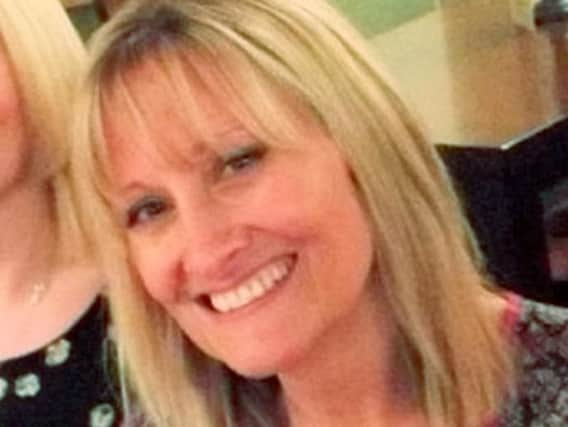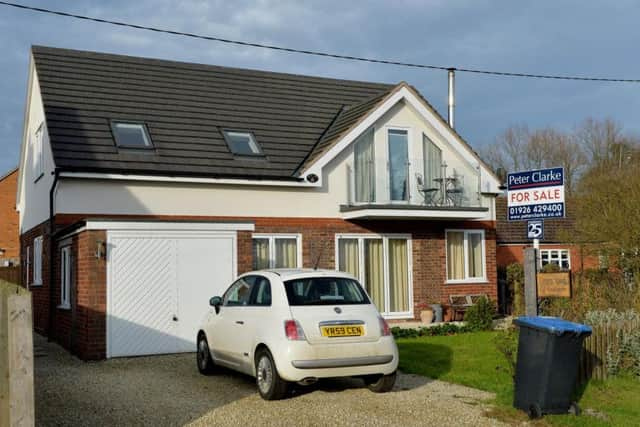Knightcote murder trial: jury set to decide whether Warwickshire pilot is guilty of murder or manslaughter of his estranged wife


McIntosh, 54, has told police how he "battered" Patricia to death at the couple's £300,000 Grass Yard bungalow in Knightcote on November 15 last year.
He had consumed enough alcohol to be over the legal drink drive limit and had driven out to the property to confront her over her refusal to drop the asking price on the house which was to be sold as part of the couple's divorce proceedings.
Advertisement
Hide AdAdvertisement
Hide AdThe prosecution have put forward the case to the jury at Warwick Crown Court that McInotsh was "egocentric" and "self-obsessed" who had subjected Patricia to a "pattern of violence" during their three-and-a-half year marriage before he murdered her.


Prosecutor Peter Grieves-Smith said text messages McIntosh had sent to friends before the incident, including one in which he had said he would "murder the b****" in reference to how he would act towards Patricia if he did go back to the house which he was no longer living in, how he had used "cruel words to deliberately sting and wound her" when he ended the relationship and how he had lashed out at her, hitting her twice when they had a row back in 2014, showed that he had a "loathing and dislike" towards her.
The prosecution has also argued that despite having been diagnosed as being moderately depressed near the time of the killing, McIntosh had still been able to work as a pilot for the airline TUI which showed an ability to deal with stress on other occasion
Mr Greives Smith said: "When he saw her dying he thought about the fact that he had ruined 'his' life .... 'his life', his wants, his needs."
"He drove drunk and angry to get his own way.


Advertisement
Hide AdAdvertisement
Hide Ad"He could control a plane but he could not control Patricia.
"He told his friends he had killed her in a rage. We suggest he is guilty of murder."
Rachel Brand, for the defence, said that the prosecution's case had been based around a "complete and utter character assassination" of McIntosh and that, contrary to what had been said against him, he had never tried to cover up or lied about any previous incidents between himself and Patricia.
She warned the jury of the dangers of using "hear say evidence" relating to a row the couple had in 2014 in which McIntosh, by his own admission, had "lashed out" at Patricia of which she had given 'inconsistent' accounts to different friends and her son.
Advertisement
Hide AdAdvertisement
Hide AdShe also said the Crown had been dismissive of McIntosh's mental state - asking the jury not to be mislead by the description of 'moderate' depression - at the time of the incident and of a "genuine attempt" he made to take his own life in 2013.
And Miss Brand also pointed out accounts from a fellow pilot who flew with him and from his long-time friend Suzie Groves which suggested he was "not angry but despondent and unhappy" about the divorce proceedings.
She said: "It is utterly wrong to suggest that any evidence shows he had got better from his depression.
"This is not a case of us asking you to accept extinguished responsibility - you are not being asked to find him not guilty. But if a person was suffering from a recognised mental condition it is not the crime of murder but that of manslaughter.
Advertisement
Hide AdAdvertisement
Hide Ad"This is not a man with a history of violence or aggressive behaviour and there is no record or proven history of violence towards his wife.
"The killing was a case of a loss of self control - not calculated or planned.
"He says he shouted at her asking "Why won't you f******g talk to me? Why won't you help me? He had reached his limit and he snapped."
The case continues, with a verdict expected to be returned by the jury tomorrow.